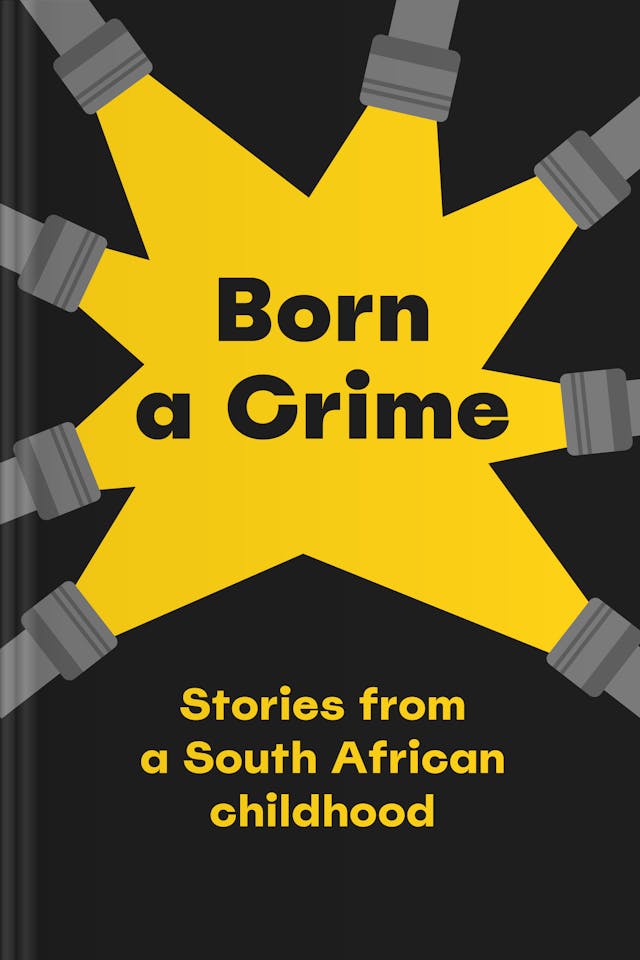You’ll learn
- How apartheid rule influenced lives
- The importance of language-learning
- Ways to become popular despite being an outsider
- Approaches to managing tough love
Protect the world’s peace. Donate to support Ukraine

first KEY POINT
Coming-of-age narratives reflect the utmost vulnerability each of us encounters in a lifetime. Transitioning from childhood to adolescence is complicated with all the hormonal changes our bodies undergo. Things become even more challenging when we start interacting with different people who shape our identity.Subconsciously, we all still want to be a part of a tribe, a symbolic one. It means that, as human beings, we cannot exist separately from other people. We seek common interests and stick to standard beliefs and value systems. But it doesn't mean we won't get rejected if tribespeople deem us unsuitable to fit in.
Trevor Noah's early and teenage years were quite challenging. A mix of races, cultures, and languages, he was predestined to ostracism. It might sound romantic in a cosmopolitan city like New York, but not in the '90s Johannesburg, where he constantly felt threatened by the hostile environment that rejected anything slightly different.Stay tuned to find out more about the childhood and character-shaping experiences of Trevor Noah — one of The Hollywood Reporter’s 35 most influential people (2017, 2018) and Time’s 100 Most Powerful People of 2018.On this journey, you will learn about the first time Trevor realized who he was in the face of unexpected danger and how he mastered the art of blending in. The relationship with his mother will shed some light on how Noah turned out to be so covertly rebellious and highly flexible in all life's situations. Moreover, through his life’s example, you’ll discover the intricacies and dangers of apartheid-ruled South Africa. After all, small stories like these can open the window to another world and culture the best.
second KEY POINT
Trevor's childhood was complicated because he grew up in a mixed family during South African apartheid. He was the only one of mixed race in the family; his mother, Patricia Nombuyiselo Noah, a South African woman, is Black; his father, Robert, is white.

Continue reading with Headway app
Continue readingfirst KEY POINT
second KEY POINT
third KEY POINT
fourth KEY POINT
fifth KEY POINT
sixth KEY POINT